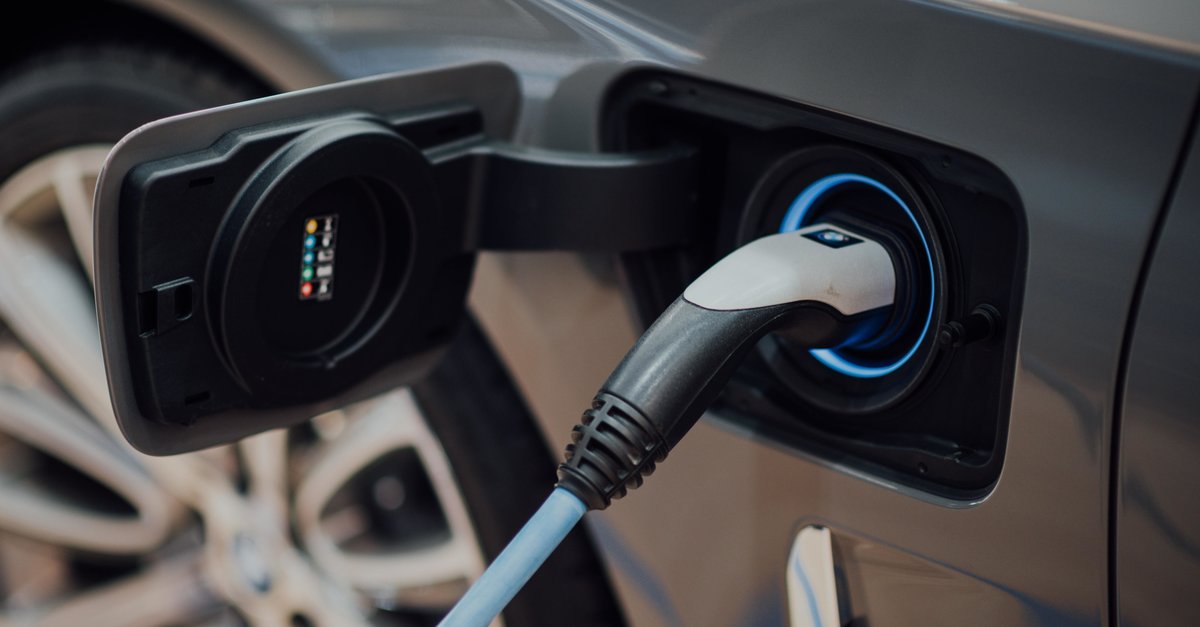E-cars facing an unforeseen challenge: is there even a threat of a driving ban?
Virtually all major car brands have electrically powered models in their fleet. How else are climate targets to be met? But a study shows that e-cars are nowhere near as green as some believe.
Fine dust in e-cars: Wear increases with weight
It is well known that electric cars produce more emissions in production than conventional cars with internal combustion engines. After a certain period of time, the e-cars can make up for this disadvantage because nothing is emitted while driving. This is the common narrative and if you only pay attention to the exhaust, it is also true. But even electric cars are not emission-free – and that could be a problem.
Because fine dust doesn’t just “get out of the back”: Brake pads wear out, as do tires and the road surface. Like the Organization for Economic Co-operation and Development (OECD) in one study writes, pollution from so-called non-exhaust gas fine dust particles will increase by over 50 percent by 2030.
The driver of this development is private mobility – especially with electric cars. Because they have a crucial problem: externally structurally identical bodies are electrically powered usually heavier, thanks to the batteries. That takes care of greater wear and tearwhich then ends up in the air in the form of tiny particles. The trend – whether electrically or conventionally powered – has also been moving towards ever larger cars for years.
In the video: Have you fallen into these myths about electric cars?
OECD makes recommendations, including driving bans
The study aims to provide decision-makers with possible solutions: There is talk of weight specifications, and zones for cars with low emissions are also recommended. For electric car drivers that would mean it In extreme cases, no driving zones could be set upthat affect them too. Other measures such as strengthening local public transport are also advised, and the OECD sees this in this context Promotion of e-cars is critical.
All of this is still a long way off, albeit one that should be listened to carefully. Above all, the OECD criticizes the fact that so far little attention has been paid to non-exhaust particulate matter emissions. However, they would reduce the positive effect of the increasing switch to electric drives.



